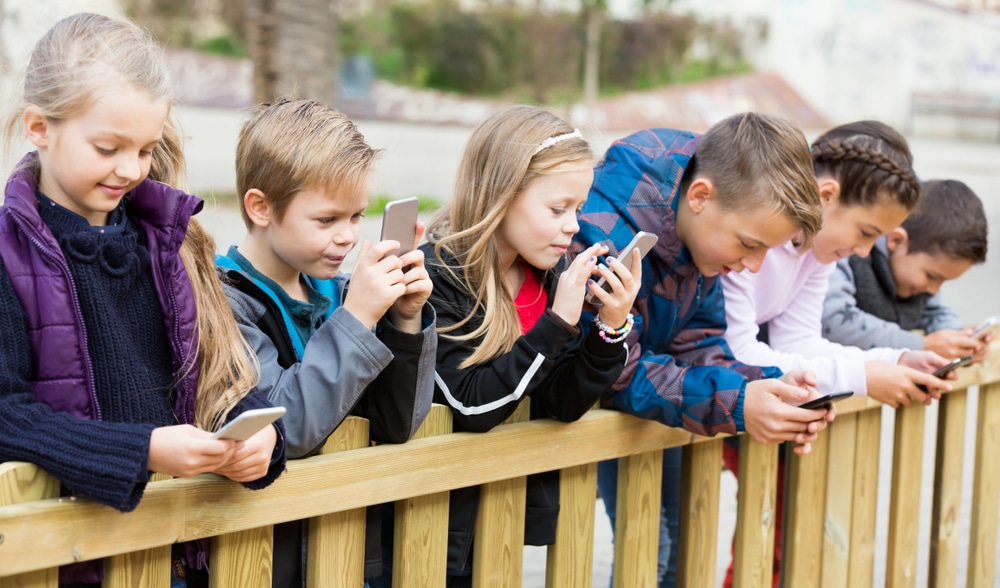Education experts warn about the negative effects of excessive on-screen time for children at a very young age.
Excessive on-screen time poses harm for children
Four Corners, an investigative news affair indulged the public with a story about the negative effects of excessive on-screen time on children. The investigation narrates that children of the digital age have lower literacy skills due to excessive usage of smartphones/tablets.
Poor literacy poses a threat later on when gaining job opportunities, making them settle for low-skilled jobs.
According to the Longitudinal Study of Australian Children,
30 percent of Australian children aged 12 to 13 spends their waking hours in front of a mobile phone or tablet immediately.
Professor Robyn Ewing from the University of Sydney, also noticed this change in student vocabulary and literacy every year.
Children of the digital age start school with fewer known words and poorer vocabulary compared to those students from 10 years ago.
Digital technology has its pros and cons
Four Corners gained access to a national survey conducted on 1,000 teachers and principals by Gonski Institute. Results of the surveys showed outright that for the past five years Australian students are being easily distracted, easily worn out, and less eager to learn.
It is a valid argument that technology is key to several advancements in learning and the issue of excessive on-screen time doesn’t fall into the learning category since most of the time it happens in early childhood and at home.
About 90 percent of the teachers surveyed can attest that for the past five years, the number of students in their classes that have psychological, social, and behavioral difficulties has significantly increased.
The problem with children exposed to gadgets at an early age is that the content they are exposed to is more on entertainment rather than learning.
Technology makes learning handy if used properly. Having your books downloaded into your phone or tablet instead of bringing bulks of hardbound books is indeed convenient. It is a matter of prioritization and understanding which things do matter and those that don’t.
Vocabulary has decreased and spelling is quite atrocious
Educators notice that most content browsed by young children do not help them communicate well and enrich their vocabulary.
What can a child learn from a video showing an entertaining character utter inaudible? The tendency is that they will imitate it and will eventually hinder their communication development
Education officials warn parents about the negative effect of low literacy among children. It will eventually haunt them in terms of communicating with people. Poor communication will lead to poor career development and eventually poor self-confidence applying for high-standard jobs.
Urging parents to monitor their children from having excessive on-screen time, especially when the contents they are leaning towards to is not educational and helping their vocabulary and literacy.







